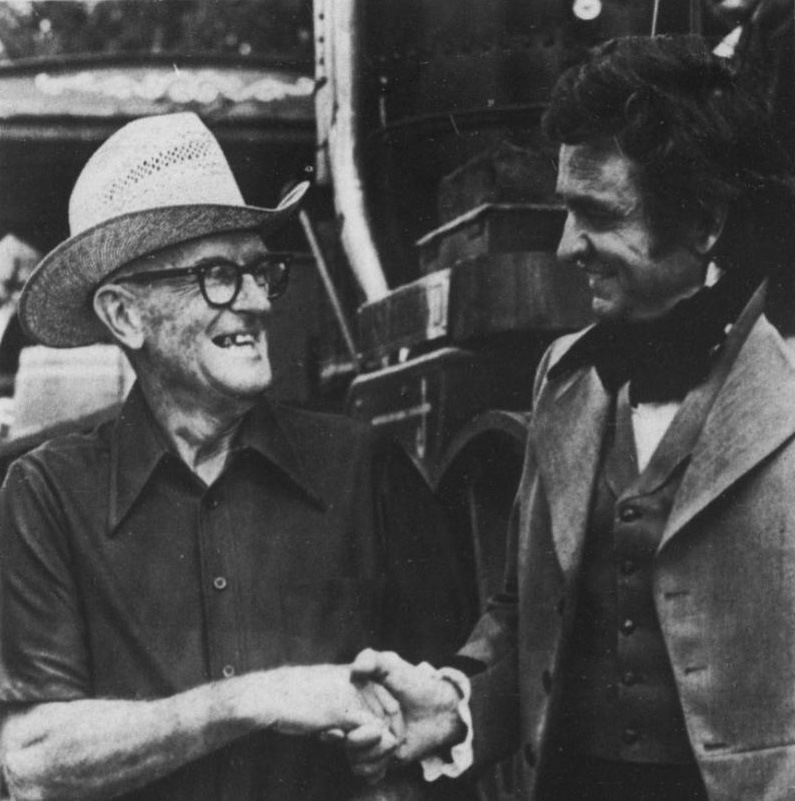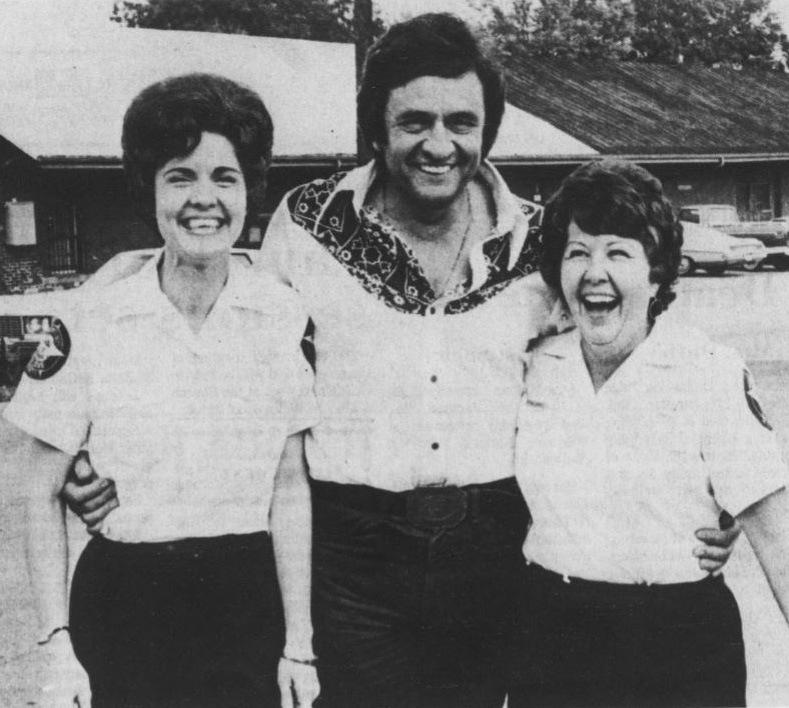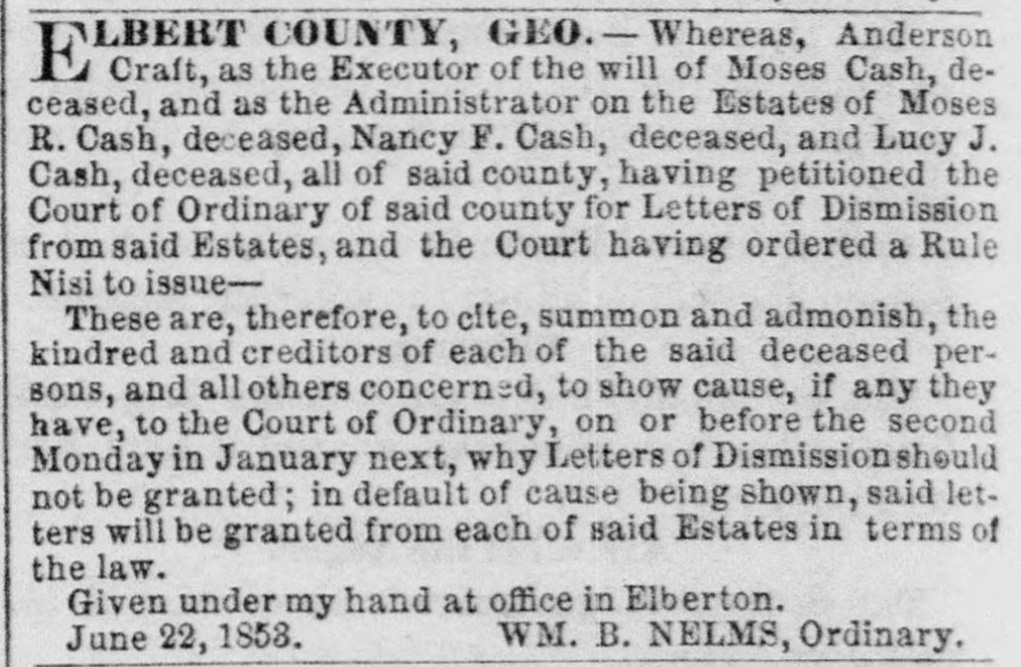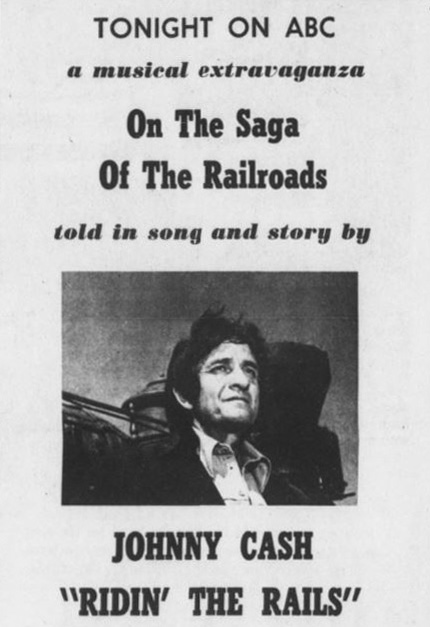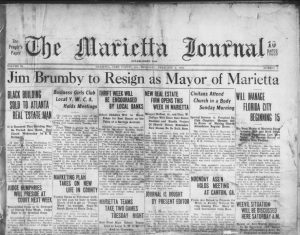
This winter, the Digital Library of Georgia released several new grant-funded newspaper titles to the Georgia Historic Newspapers website. Included below is a list of the newly available titles.
Titles funded by the Diocese of Savannah
Southern Cross (Atlanta), 2001-2008
Titles funded by the Forsyth County Public Library
Forsyth County News, 2013-2016, 2018-2019
Titles made available as part of the Georgia Newspaper Project’s Born Digital Program
Banks County News (Homer), 2016, 2022
Barrow News-Journal (Winder), 2022
Jackson Herald (Jefferson), 2022
Madison County Journal (Hull), 2022
Pickens County Progress (Jasper), 2007
True Citizen (Waynesboro), 2022
Titles funded by the Georgia Public Library Service
Charlton County Herald (Folkston), 1908-1929
Titles funded by the Lucy Hilton Maddox Memorial Library
Early County News (Blakely), 1953-1967
Titles funded by the National Digital Newspaper Program with a grant from the National Endowment for the Humanities
Cordele Dispatch and Daily Sentinel, 1920-1926
Fitzgerald Enterprise, 1902-1912
Fitzgerald Leader Enterprise and Press, 1921-1927
Leader-Enterprise (Fitzgerald), 1912-1915
Leader-Enterprise and Fitzgerald Press, 1915
Leader, Enterprise and Press (Fitzgerald), 1915-1921
Lee County Journal (Leesburg), 1904-1923
Marietta Journal and Courier, 1909-1918
South Western News (Dawson) 1887-1889
Weekly Georgian (Atlanta), 2013
Titles funded by the Newton County Public Library System with donations from Dr. Thomas Crews and Dr. R. Steven Whatley
Titles funded by the R.J. Taylor, Jr. Foundation
Abbeville Chronicle, 1898-1901
Advertiser (Fort Gaines), 1887-1890
Clinch County News (Homerville), 1898-1911
Enterprise (Carnesville), 1890-1892
Fitzgerald Enterprise, 1895-1912
Fort Gaines Sentinel, 1895-1902
Haralson Banner (Buchanan), 1884-1891
Jones County News (Gray), 1895-1906
Lincoln Home Journal (Lincolnton), 1898-1902
Piedmont Republican (Jasper), 1891
Pike County Journal (Zebulon), 1888-1902
Schley County Enterprise (Ellaville), 1886-1888
Schley County News (Ellaville), 1889-1900
Southeast Georgian (Kingsland), 1895-1932
Spring Place Jimplecute (Spring Place), 1891-1903
Titles funded by the Watson-Brown Foundation


